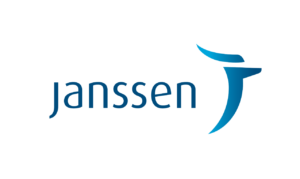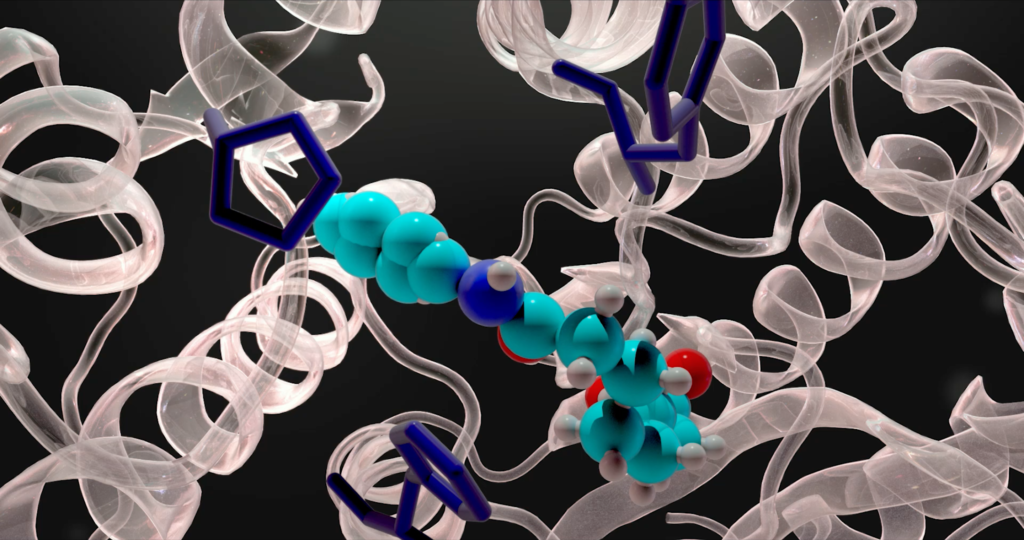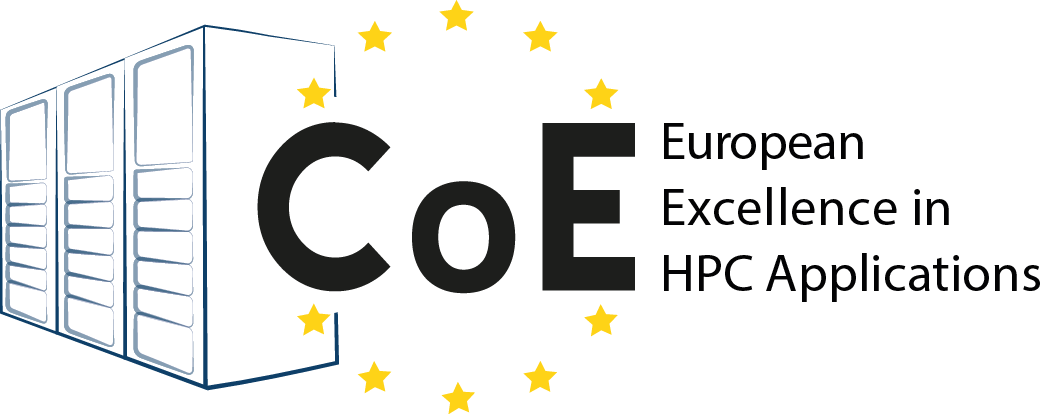Success Story CompBioMed: Drug Discovery with Janssen Pharmaceutica NV
CoE involved:

CompBioMed is a user-driven Centre of Excellence in Computational Biomedicine. They have users within academia, industry and clinical environments and are working to train more people in the use of their products and methods.
Organisations & Codes Involved:
![]() SURFsara, the domain expert, is the National Supercomputing and e-Science Support Center in the Netherlands. SURFsara provides expertise and services in the areas of High Performance Computing, e-Science & Cloud Services, Data Services, Network support, and Visualisation.
SURFsara, the domain expert, is the National Supercomputing and e-Science Support Center in the Netherlands. SURFsara provides expertise and services in the areas of High Performance Computing, e-Science & Cloud Services, Data Services, Network support, and Visualisation.
 Janssen Pharmaceutica NV, the industrial partner, is an affiliate of the Pharmaceutical branch of the US Johnson & Johnson company. Janssen’s interests are in developing and using advanced molecular simulation methods to optimize lead compounds in discovery programs, predicting the activity of compounds with specific targets.
Janssen Pharmaceutica NV, the industrial partner, is an affiliate of the Pharmaceutical branch of the US Johnson & Johnson company. Janssen’s interests are in developing and using advanced molecular simulation methods to optimize lead compounds in discovery programs, predicting the activity of compounds with specific targets.
CHALLENGE:
Janssen’s primary challenge is in developing and using advanced molecular simulation methods to optimize lead compounds in discovery programs. Such methods, if proven robust and accurate could have a profound impact on the way drug discovery is performed. They would permit reliable computational triaging of very close analogue molecules greatly improving efficiency. Also, this would lead to high-confidence design of synthetically more challenging molecules leading to better drugs in new chemical space.
SOLUTION:
Through the CompBioMed HPC allocations service JAN obtained an allocation of 1.8M core/hours on Cartesius (SURFsara). JAN evaluated the use of non-commercial software for predicting the free energy of a series of compounds and built a protocol which uses open-source software for MD and free energy perturbation simulations. The main simulation code used was GROMACS (version 2016.1) configured to run on GPU, and the results compared to previous simulations performed with Schrodinger’s FEP+ commercial software. Slurm support for job array and job dependencies, has been used to orchestrate and streamline the workflow and to optimise the MD simulations execution on multiple compute nodes.

Scientific impact of this result:
New computational approaches described above can have a major impact on the drug discovery process. Importantly the work studied here will go to the heart of the design-make-test cycle and contribute higher quality methods for compound prioritization.
This is a fundamental issue of drug discovery, because, whilst compounds with acceptable potency can often be found, and found quickly, they do not always come with other desired properties. Hence, during a typical lead optimization (LO) program the challenge often becomes to maintain potency whilst modifying the chemical structure of the lead molecules to overcome these other issues. In this regard computational tools which can accurately predict binding mode combined with accurate binding affinity prediction will be extremely powerful and reduce the number of ‘backwards’ steps required to subsequently move forwards in an LO program.
The project has introduced Janssen to numerous research groups throughout Europe that are able to assist them in their aims and to combine expertise to produce useful results. The use of HPC is critical for these experiments, without which the compute power does not satisfy the needs of such complex systems.
Benefits for further research:
- Higher quality methods for compound prioritization.
- Increased efficiency during lead optimisation program.
- Reduction in time/cost of synthesising redundant drug molecules
- Higher probability of determining new active drug

